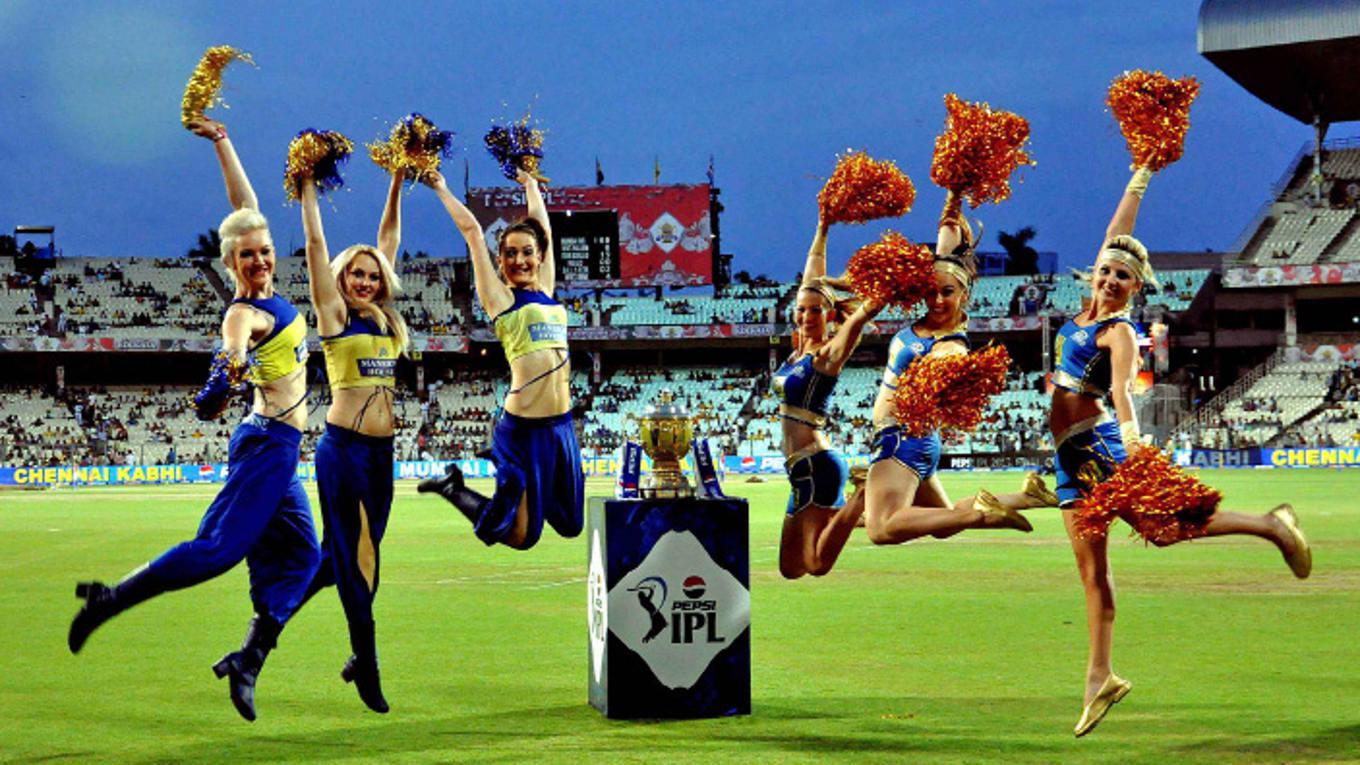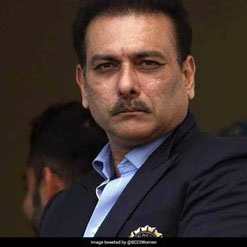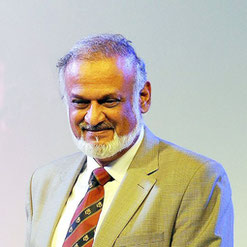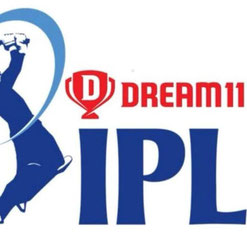The 2020 version of the IPL, coming as it did in the wake of a global pandemic and an overall atmosphere of despondency, was expected to act as a major mood booster for the Indian viewer stuck at home for months and fed on diet of stale TV content. The IPL promised to inject a shot of hope and excitement and the games lived up to their billings.
According to Broadcast Audience Research Council (BARC) India data, the current versions of the IPL has registered seven billion viewing minutes for the first 41 matches aired across 21 channels in the last five weeks (week 38-42), which is 28 per cent higher as compared to last year. As per the data, performance per match of IPL 13 is higher than the last season. The cume (cumulative audience) reach of IPL 13 for 41 matches was 108 million, 11 per cent higher than IPL 12. The previous season registered 98 million cume reach.
Pulling off the IPL amidst the pandemic has not been an easy task. According to Parth Jindal, Founder Director at JSW Sports, which owns 30 per cent in Delhi Capital: “The IPL this year has been a real challenge, it’s not easy living in a bubble, but everyone, all the cricketers are delighted that cricket is finally happening; many of them have not had an opportunity to even go to the nets these past few months, and they are extremely happy to be finally playing.”
With Covid playing spoilsport for most major sporting events the world over, and even the Olympics being postponed, pulling off the IPL speaks volumes for India’s organising abilities.
-
For the franchises cricket is not just about love for the game and passion, it is also a hard-nosed business, which requires meticulous planning, hours of strategy, keen business sense and professionalism
“For me there are three key takeaways from the IPL this year, the ever increasing number of players from smaller towns and from non-test-playing nations like Nepal and Afghanistan finding an opportunity to perform with the best, the fact that we managed to pull it off amidst the pandemic, and three, the overall robust financial impact," Dr Mukhopadhyay said.
Cricket is a hard-nosed business
For the franchises cricket is not just about love for the game and passion, it is also a hard-nosed business, which requires meticulous planning, hours of strategy, keen business sense and professionalism.
“In 2002 we had incorporated a name change and had adopted the JSW brand and we were looking to build the brand and create our own unique identity,” said Jindal, while explaining the logic behind entering sports and particularly cricket. “While studying in the USA I saw how major brands chose sports as a means to develop and build their brands and that got me thinking,” he said.
“When I came back to India one of the first projects I handled was to develop our retail pricing policy, and to reduce the price gap between us and Tata Steel. So, while working on the retail pricing policy I realised that not many manufacturing companies were using sports in the right way to build a brand and to create a retail connect. As a group we were in love with sports, so I pitched our sports plan to own Olympics sports in India to our board and that got approved. And the Inspire Institute of sports was born. Soon we got an opportunity to buy Bengaluru FC, and that in a sense was the start of JSW sports,” adds Jindal.
“But then we realised that without cricket we cannot have a true sports company, and it was around then that GMR reached out to us and they were looking at a partnership to reinvigorate their Delhi Franchise. After a series of meetings, we came to an agreement and JSW Sports became 50 per cent owners of Delhi Daredevils. We realised that cricket was a different ball game altogether. Over the next year JSW Sports drew up and implemented a well thought out strategy for the club. We drew up our auction strategy and were helped in this by Dada (Sourav Ganguly) who is our mentor," noted Jindal. He added: “We looked at what the other franchises were doing and learnt from them, and devised our own strategy.”
The name of the team was changed to Delhi Capital to keep the team in line with and identify strongly with the national capital. The team also got a new team song and soon spectators were swarming the stadiums. The team had discovered its winning formula.
For JSW, traditionally a steel, and cement company the approach to sports is not too different. “In our traditional businesses we aspire to be the best in the world, and it is the same for sports as well, in that sense sport is no different, we aspire to be number one. But in sports we need to be savvier, be in tune with social media, be on Instagram and FB, etc, concludes Jindal.
To build a winning team, which understands the pulse of the audience is not an easy job. Kings XI Punjab is a team which over the years has won many hearts with their passion and approach towards the game. According to Mohit Burman, co-owner Kings XI, a lot of backroom work is required to build a good team.
“Almost immediately after the season we get down to analyse our team and make plans for the future. We don’t believe in course corrections, no matter how the team is doing. The analytics team and the scouting team work together towards picking a cohesive lot, keeping in mind various factors, much of which is trade secret, which you will understand; the strategy which is closely guarded. The team, once the auction or retention is over, remains in touch with the coach and cricket manager. The coach and physio keep a close watch, which is standard, I would assume. Finally, the team reaches our home ground 10 days in advance and the team building and training to play together begins. The passion comes from us as owners wanting to see our team win and delight our fans. Our market Punjab, Haryana, Himachal and J&K has a certain buzz about it as opposed to other markets. The Punjabi fervour is quite distinct in nature and they are quite vocal in their feelings. It rubs off on us owners and the staff in a big way and we work very hard at keeping the tempo up.” Burman said.
According to Burman the secret to the winning combination is the right balance between passion and business sense. “While on the one hand, we work on putting together a balanced team, on the other, we constantly counsel the core team that manages it. It is a bundle of emotions but we keep the balance so that sheer passion does not override business compulsions,” he adds.
Equally important for a franchise is to strike the right chord with the audience. “Cricket cuts across age groups and socio-economic lines. But from a marketing standpoint, we do zero in on younger audiences, mainly through our social media handles. We create content that appeals to the younger generation. Platforms like Insta have a great appeal to them. We also make it a point to go for some younger players every year, some that comes from the India Under 19 side, cases in point being Prabhsimran Singh, Arshdeep Singh, Ishan Porel, Ravi Bishnoi, Harpreet Brar… so these are some of the things we do to keep the connect and approach the young. We have some plans around the brand which are still a work in progress. We need this to keep the brand fresh. Also, in sports we need to focus more on the human touch, since we are dealing with players and coaches,” concludes Burman.
Cricket is today a career option
With the ever-growing popularity of cricket in India today, it is not a surprise to see kids playing the game with makeshift bats in far off Ladakh or the distant corners of northeast India. Even in traditionally football playing regions cricket today is a passion, and not just amongst boys; girls too are taking to the game with gusto.
-
With the coming of IPL many more players from even remote regions of the country today can dream of a career in cricket
With the coming of IPL many more players from even remote regions of the country today can dream of a career in cricket. According to Burman: “The spread of television and social media platforms have contributed to this immensely and of course the fact that IPL attracts players from these nations add to this. We have a scouting policy in place that tracks players from different countries and the analytics team that backs it. Players from countries like Nepal and Afghanistan gain a lot in playing together with some of the World’s best and it is really gratifying to see some of them do so well."
And the field has opened up not just for aspiring cricketers. “Our trackers follow all cricket tournaments in India and abroad, to spot talent, so cricketers are coming from all over. JSW Sports, as a company, employs around 100 people besides the players, including physiotherapists, logistics staff, analysts, nutritionists, doctors etc,” Jindal said.
IPL has improved the game
The year 2020 has been rather cruel to sports. The Tokyo Olympics had to be postponed, Wimbledon was cancelled, but the IPL was a major success in the otherwise dull sports calendar.
Interestingly according to the Wisden, The Indian Premier League (IPL) has never been more popular in the United Kingdom, with the latest figures from the Broadcasters Audience Research Board (BARB) suggesting the tournament’s viewership has topped even that of some English Premier League (EPL) football matches.
“BARB says an average of over 250,000 people have tuned in across the UK to watch the IPL over the last two weeks, and research from Cricket Bet India puts Sky Sports Cricket’s live viewers at 1,797,000 from October 12-18. That’s comfortably more than the figures IPL recorded last year, with the average for 2020 significantly higher than the peak viewership in 2019, of 211,000," the Wisden says.
With the passion for the game growing every year here in India, and with the UK also tuning in to IPL, one can perhaps assume that as far as cricket is concerned India has done one on the Raj and claimed the gentleman’s game for good!





































